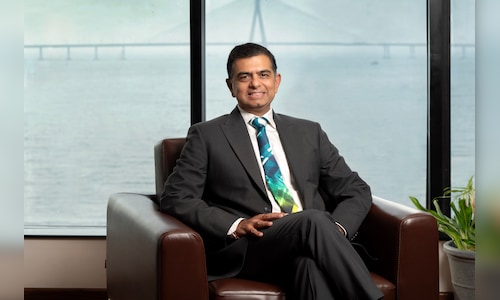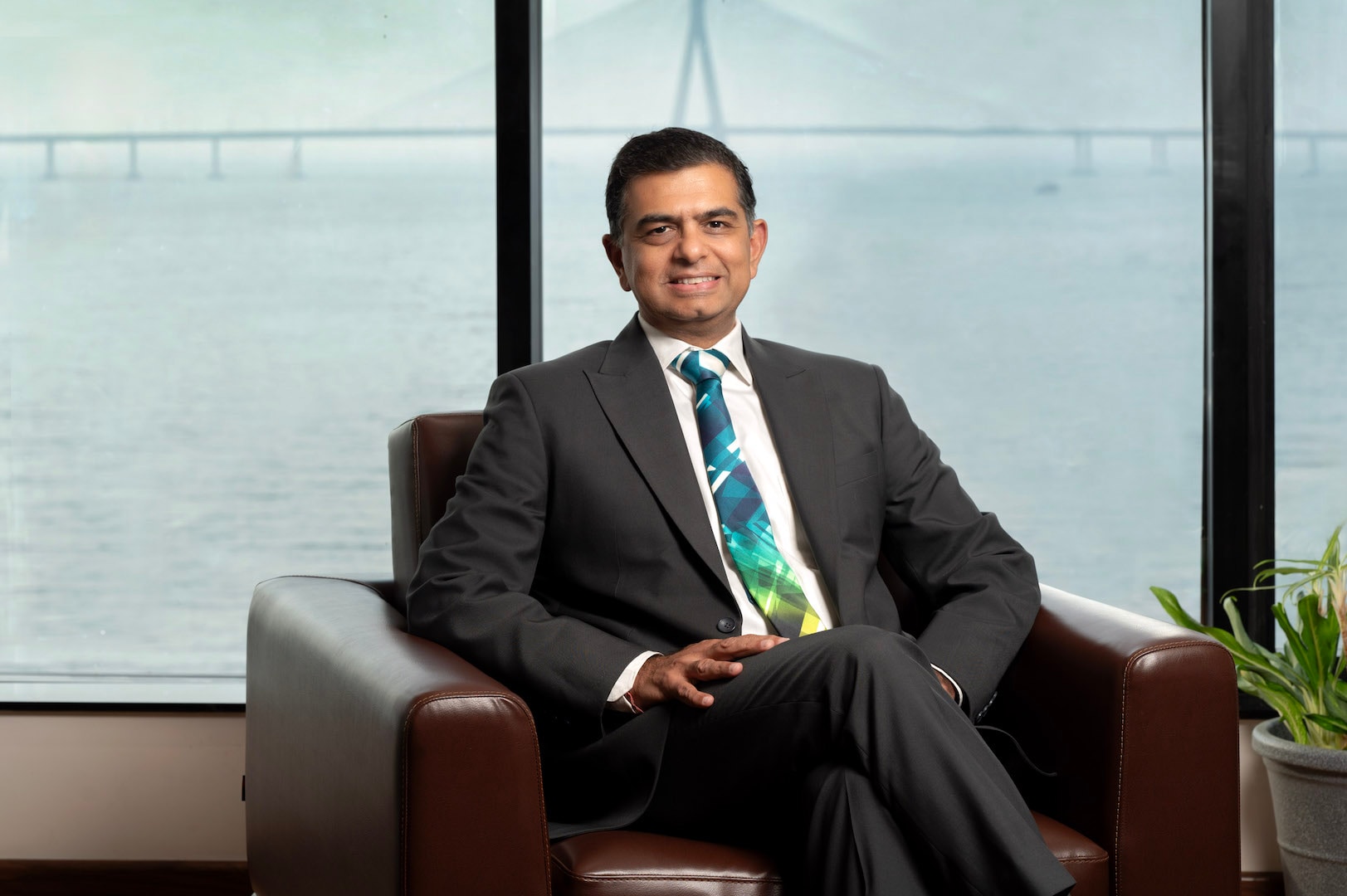

| Company | Value | Change | %Change |
|---|
The age of intelligence is rapidly ‘maturing,’ and the technology it encompasses has moved beyond abstract concepts to become visible, usable, and indispensable forces that are disrupting industries, economies, and societies. With disruption comes not only new challenges but also fresh opportunities. Concerns about unemployment are rising globally, further compounded by climate change, which acts as a metaphorical albatross weighing down sustainable economic growth.
At the same time, if harnessed well, technological disruptions can create significant productivity gains, help create more equitable growth in society and also help organisations enhance the pace of their business model reinvention.
In under two weeks of 2025, we are witnessing the impact of climate challenges, highlighting the urgency and criticality of safeguarding our planet. As per current data, 2024 is expected to be the hottest year on record with the average global temperature 1.5-1.6°C higher than that in the pre-industrial average.
While the use of technologies such as predictive models, renewable energy solutions and innovations to counter the impact of climate change is a step in the right direction, the pace of environmental degradation continues, and has potentially even accelerated. Despite being enabled by the best of technologies, governments and businesses across the world have not been able to implement policies and processes to slow down the pace of climate change.
Even assuming a limited focus on embracing technological shifts and sustainable development, as the world settles down to other disruptions caused by geopolitical issues and macro stresses, there is a need for deeper cooperation and collaboration. In today’s intricate web of global systems, no organisation, industry or nation can walk the path alone. Those who fail to collaborate risk obsolescence; those who successfully collaborate will strengthen not just themselves but also the entire ecosystem.
Collaboration is the foundation for progress, requiring trust, shared vision and a commitment to collective action. We have overcome some of the biggest threats faced by society when we collaborated — the COVID-19 pandemic is one recent example. Another example is the adoption of the Montreal Protocol and focused efforts to reduce ozone depleting substances from the atmosphere. Today, the ozone hole is at its smallest since 2020, with researchers expecting a full recovery by mid-century.
Much like previous years, Davos 2025 has the potential to serve as a microcosm of this collaborative spirit, not just among nations, but also businesses, civil society, and academia — allowing an exchange of ideas, challenging assumptions and forging solutions that transcend individual interests.
Authentic collaboration requires trust. There is a need to prioritise transparency and ethical practices to enable equitable growth. Leaders need to foster dialogue and cooperation, especially in areas like AI regulation, cybersecurity, climate change and supply chain resilience. Creating a robust and trustworthy ecosystem which is capable of navigating the complexities of the intelligent age calls for alignment – interconnectedness that fosters innovation.
With global leadership coming together, Davos 2025 has the potential to change how we address our shared imperative of solving for inclusive and sustainable economic growth. Choosing collaboration over self-service, collective action over inertia and leveraging innovation will enable shared prosperity rather than singular growth.
—The author, Sanjeev Krishan, is Chairperson, PwC in India. The views are personal.
(Edited by : Unnikrishnan)
First Published: Jan 14, 2025 2:31 PM IST



